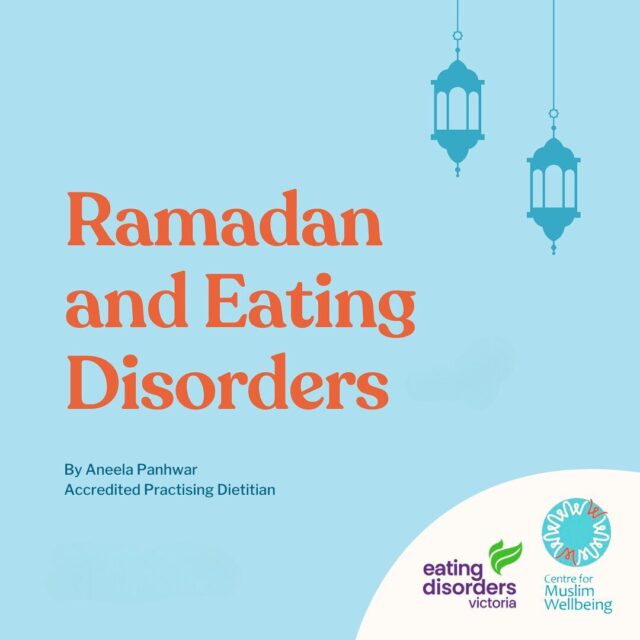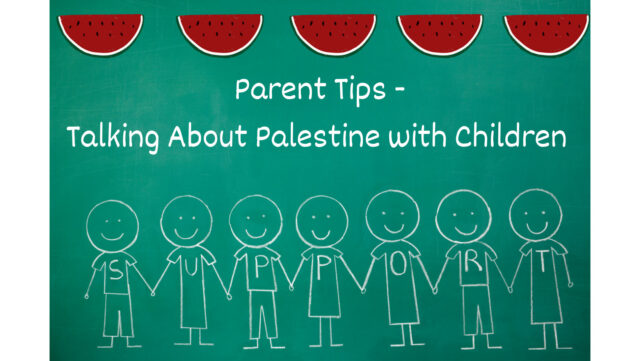I wanted to shed light into a topic which is becoming a growing concern for many individuals, especially our youth, in today’s society. The reason it is important to note is because it can go unnoticed at times and is often overlooked in the Muslim community (though this may not be intentional). This is the topic of Eating Disorders. As a practicing psychologist, I have seen many clients present with eating concerns from early ages and from many different cultural backgrounds. I take a particular interest in the topic as I too have faced challenges with eating and weight.
I was asked, on many occasions, ‘Muhammad, how do I tell the difference between wanting to try and manage my weight and having an eating disorder?’ The answer I have found is the intensity at which food/weight consumes your life? Do you think about your weight, self-image, next meal throughout the day? Do you find yourself checking your weight throughout the day/week to notice and pick up on subtle changes? Are you cycling between periods of no food and periods of large uncontrollable amounts of food? These thoughts and behaviors are common presentations with those experiencing an Eating Disorder. Now, there is a reason that an eating disorder is harder to manage than other addictive behaviors. I can’t tell my clients to reduce or stop eating like I would with substance abuse because we need food to live. Therefore, management comes down to striking a balance rather than employing abstinence.
So, where does Islam come into this? Well food is given to us as a blessing from our God (Allah). It acts as one of many pleasures in life to experiment with, enjoy and get nourishment from. The Islamic perspective on healthy eating is evident throughout the Quran and the Sunnah of the Prophet (peace be upon him). Many have heard the saying from the Prophet (peace be upon him) “Fill the stomach one third with food, one third with water and leave one third empty.” The Quran also forbids overeating, “eat and drink but do not overeat” (Al-Araf: 31).
So, what do you do as a Muslim with symptoms of an Eating Disorder? Well, you do what any individual who is going through this should do; talk, talk and talk! The first way to get help is to ask for it! It is surprising how many Muslims are too worried to speak up in fear of judgment or being misunderstood. But as a psychologist and an individual going through this before, I find that talking makes a massive difference and you would be surprised how helpful your local community may be! If people can’t relate, it does not mean they don’t want to help.
Also use the Prophet’s (peace be upon him) guidance and become mindful of hunger and fullness levels. A common issue with individuals presenting with an Eating Disorder is that their hunger and fullness levels seem to be out of sync. However, by really slowing down, focusing on your meal and noticing signs of fullness, one can retrain the mind again. It’s amazing to think what our bodies are capable of, Alhumdulillah!
One complication that arises with the treatment for eating disorders is that the chances for an individual to relapse to past behaviors is high. This partly comes back to striking a balance rather than removing it entirely. However, this does not mean that you can’t get better. It just means that your journey and road to recovery may be long, but you will learn a lot of lessons on persistence, motivation, self-esteem and love (for yourself) along the way!
I believe in you and I hope your journey is fulfilling! (no pun intended)







